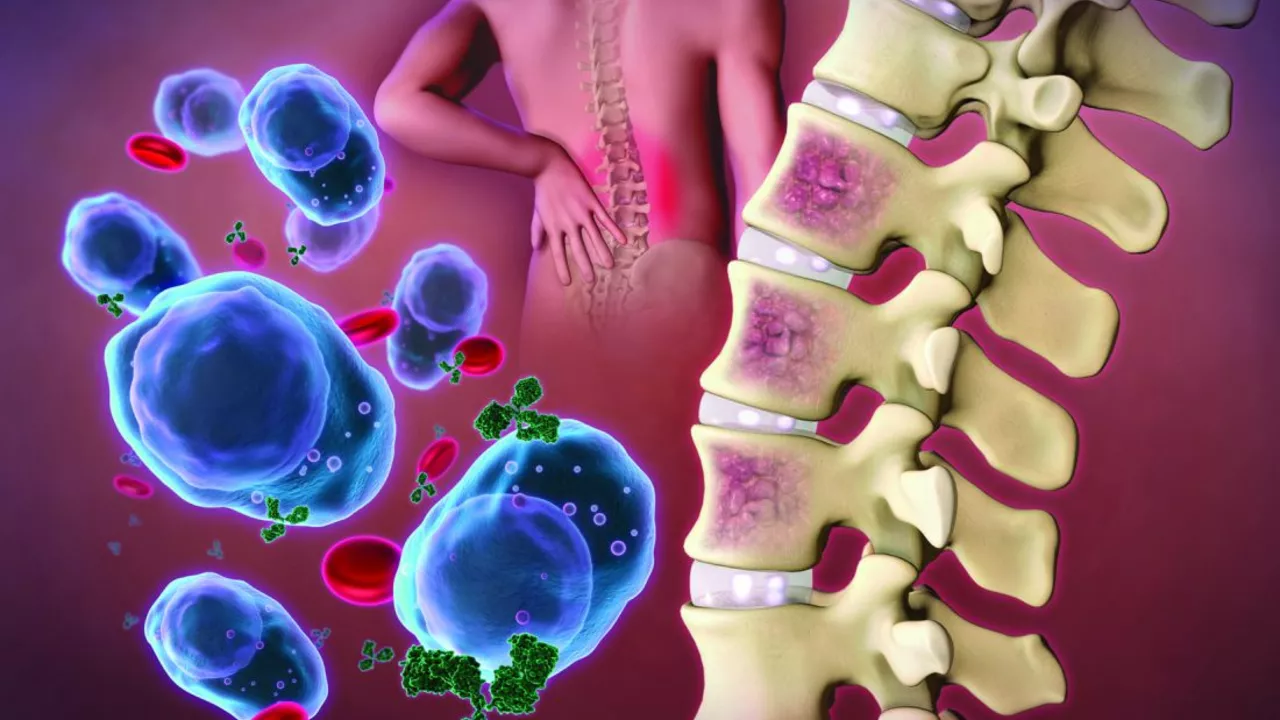Calcitonin: What It Does and How to Use It
Calcitonin is a hormone that helps lower blood calcium and slows bone breakdown. Doctors use synthetic forms (often called salmon calcitonin) as a medicine when other treatments aren’t suitable. If you heard the name and wondered when it’s helpful, here’s a plain, practical guide you can actually use.
When and how it's used
Calcitonin treats a few specific problems: osteoporosis (when bone density is low and fracture risk is high), Paget’s disease of bone (abnormal bone remodeling), and severe hypercalcemia (dangerously high blood calcium), often from cancer. It’s not a first-line drug for most osteoporosis cases — bisphosphonates and newer options usually come first — but calcitonin is an alternative when those aren’t tolerated.
Forms: nasal spray and injection are the common options. The nasal spray is used for ongoing treatment of osteoporosis or bone pain from Paget’s disease. Injections (subcutaneous or intramuscular) are more common for fast control of very high calcium in the blood. Your doctor will tell you which form fits your situation.
Safety, side effects, and tips
Most people tolerate calcitonin well. Common side effects include nasal irritation with the spray, nausea, flushing, and local injection pain. Rare reactions include allergic responses — if you get hives, swelling, or breathing trouble after a dose, seek emergency care.
Useful tips: for nasal spray, rotate nostrils and avoid using it with a cold or severe congestion. If you use it daily, check the nasal passages for sores. With injections, follow the exact dose and schedule your provider gives you; don’t double up if you miss a dose without checking first.
Interactions are limited but mention all medications and supplements to your provider. If you take calcium supplements or vitamin D, your doctor will advise on timing and doses so you don’t overshoot your calcium goals.
Monitoring: expect periodic blood tests for calcium levels and routine follow-up for bone density when using calcitonin long term. If you're treated for hypercalcemia, your medical team will check electrolytes and kidney function while you’re getting injections.
Special situations: pregnant or breastfeeding people should talk with their healthcare provider before using calcitonin. Children and people with certain allergies (especially to salmon protein, since many products are salmon-derived) need careful review before use.
Practical decision guide: if you’re worried about fractures and can’t take first-line osteoporosis drugs, ask your doctor whether calcitonin is right for you. If you’re being treated for very high calcium, calcitonin injections can bring levels down fast while the team treats the underlying cause.
Questions to ask your provider: Why is calcitonin preferred here? Which form will I use? What side effects should I watch for? How will we monitor my response? Those answers will make the treatment simple and safer.
Calcitonin isn’t the most common bone drug, but it has clear roles. Use it with the right monitoring and you get a useful tool for specific bone and calcium problems.

 Jul, 21 2023
Jul, 21 2023